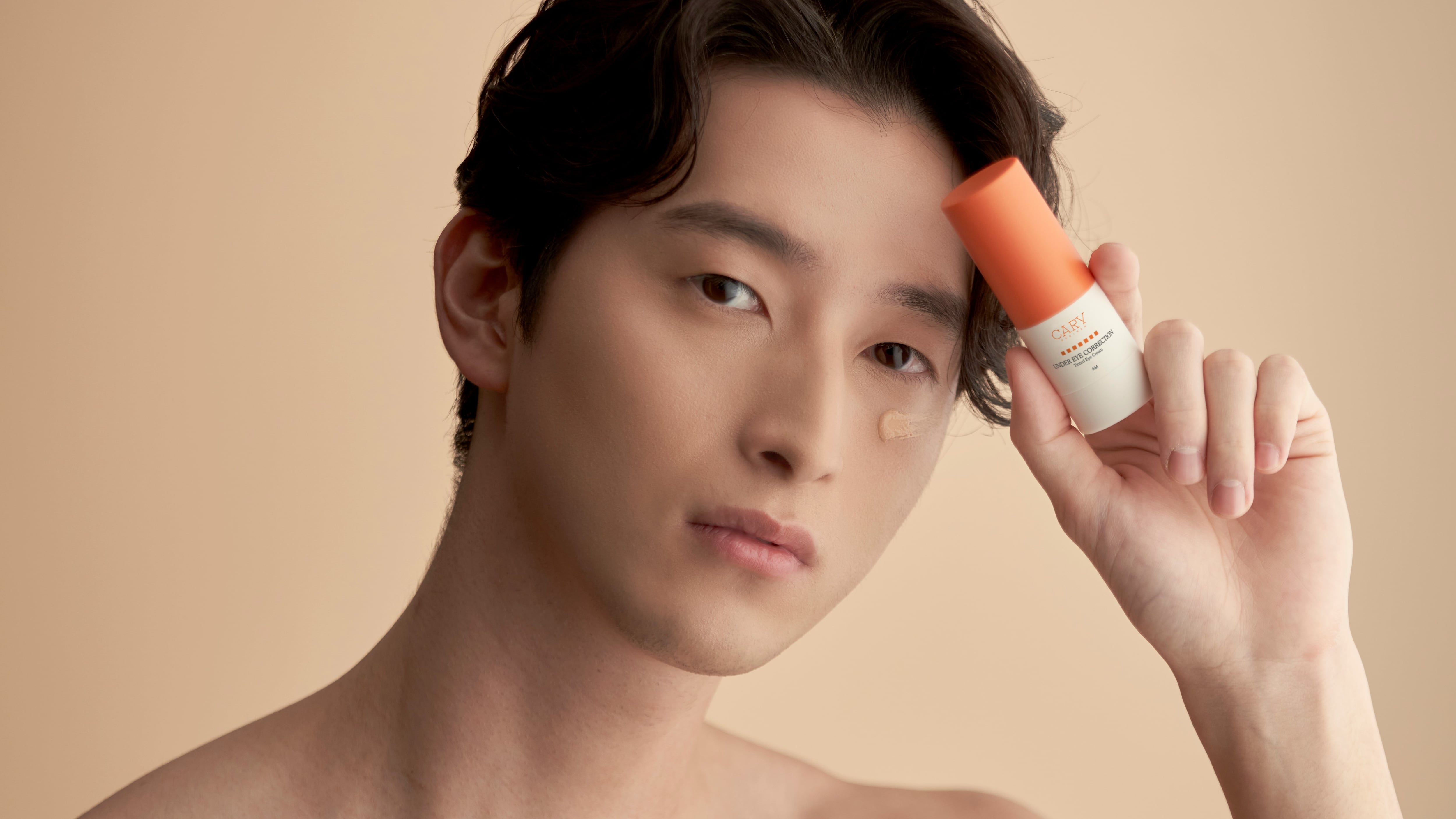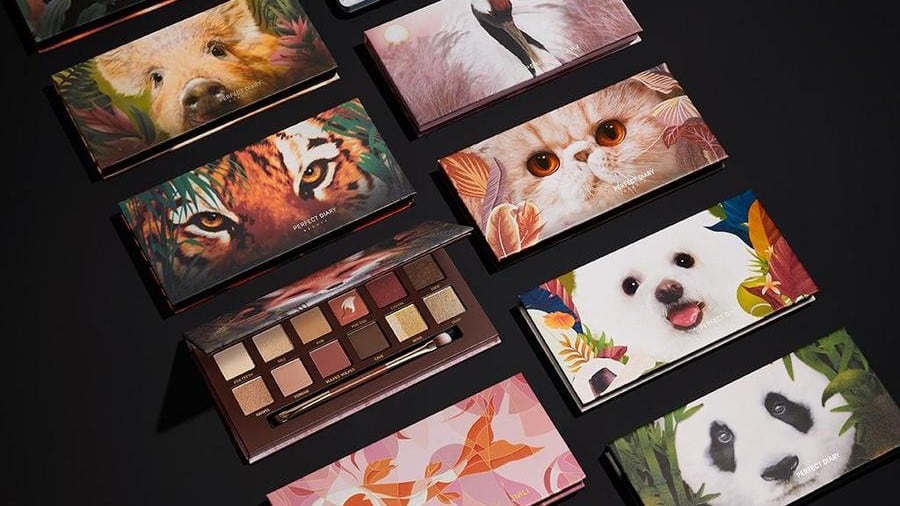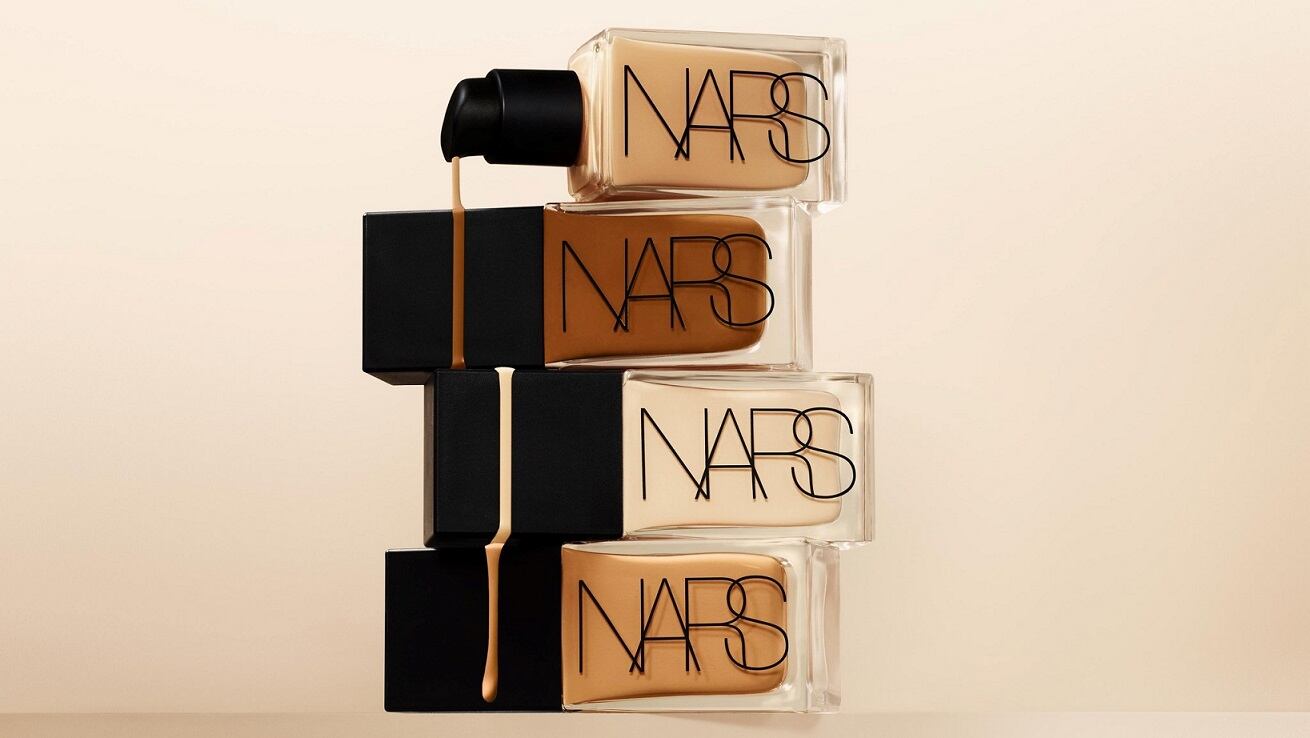Founded in 2020, Cary Regimen specialises in men’s skin care combining both skin care and makeup. Founder Matteo Chung identified a market gap that combined both aspects:
“There wasn’t really a brand focused on tinted skin care for men. A lot of brands out there are basically female brands repackaged for men. These products have a very feminine packaging and [male beauty] products made in the West are predominantly either makeup or skin care. There’re also a million shades out there that make it difficult to understand.
“I’m not necessarily looking at a very full coverage. In Asia, I think we have a different point of view where everyone just wants to look natural. I wanted to strip this down to a brand that has a simple narrative, solution-driven and good for everyday use. I think only about twelve percent of the entire cosmetic market are men. While it’s a very difficult market to penetrate, they are underserved.”
Anti-fatigue focus
With natural at the top of mind, Chung explained why its skin care range focused on anti-fatigue: “The common concern I find in most men, regardless gay, straight, or in any age range, is to look less tired. In my opinion, what makes people look tired is uneven skin tone. I realised it’s okay for men to have wrinkles and blemishes, and that they want to age gracefully.”
Its hero ingredient is its proprietary C-Remedial Complex formulated with Swiss sprouts and fruit extracts for even skin tone and a lightening effect. Other ingredients in its eye cream include hyaluronic acid, niacinamide, and peptides.
Its sold-out eye cream, which is available in two shades, claims to brighten the under-eye and cover dark circles respectively. Chung added that both tints were adaptable across different Asian shades when they ran their consumer product testing.
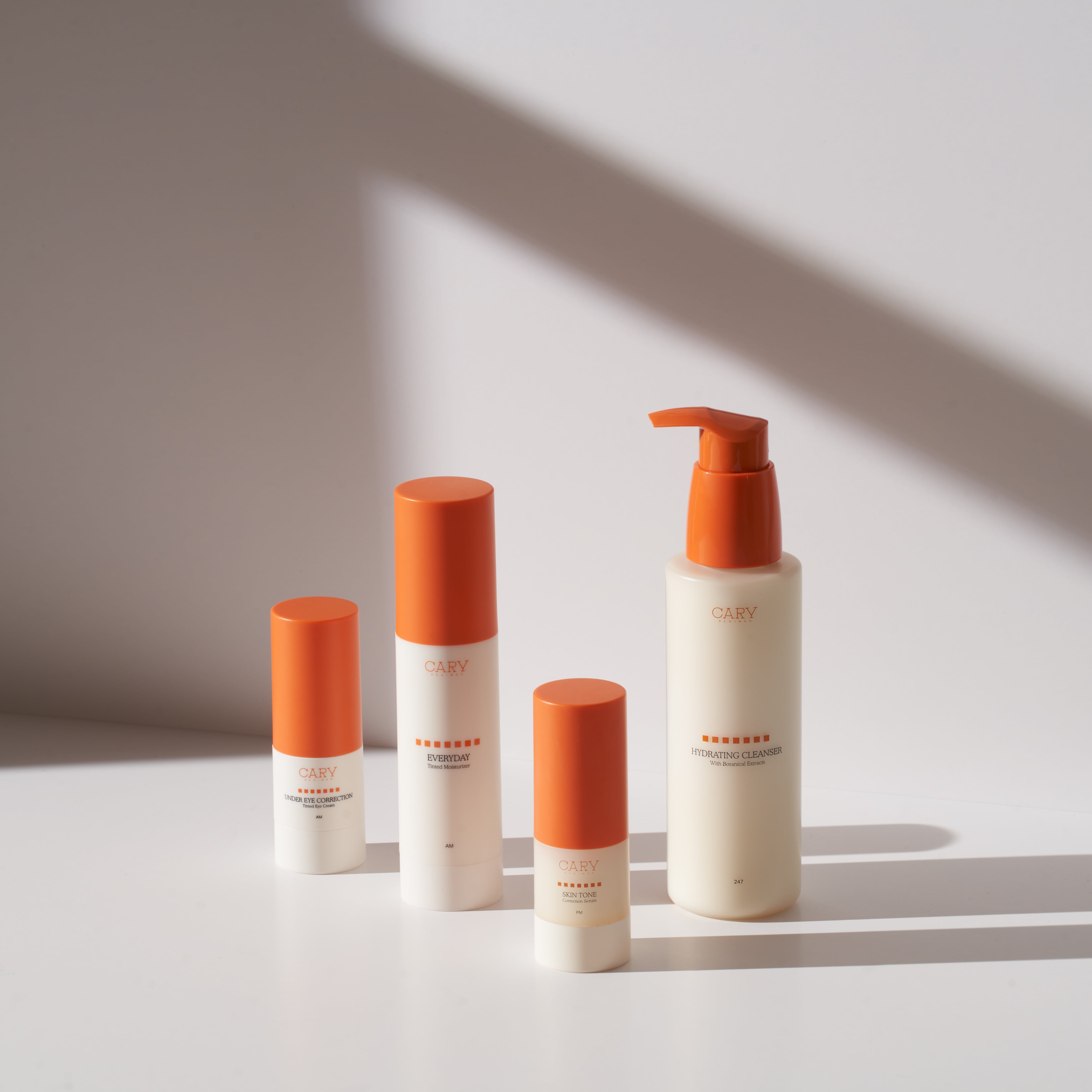
In the next few months, it will launch a face cream for daytime routine to complement its eye cream, skin tone corrector for night routine, and a hydrating cleanser with a gel to oil finish. Its morning routine products have SPF15.
On its skin tone corrector, it said: “The serum has a bit of a tanning function which is basically what girls have with fake tan, but very subtle. We really dial it down to the extent it just creates a very basic layer on the skin overnight, so it’ll create a very even skin tone. The aim of the PM products is replenishing and complementing the AM routine.”
Product design key for market acceptance
Cary also hopes to open up conversations among men about the skin care and cosmetic products they use, and is targeting more user-generated content for the brand.
Unlike women, men tend to be more covert when it comes to using beauty products, it said. “When girls put on the products, they feel good. I want men to be able to bring the products to the gym and use it without feeling like they’re putting makeup,” Chung added.
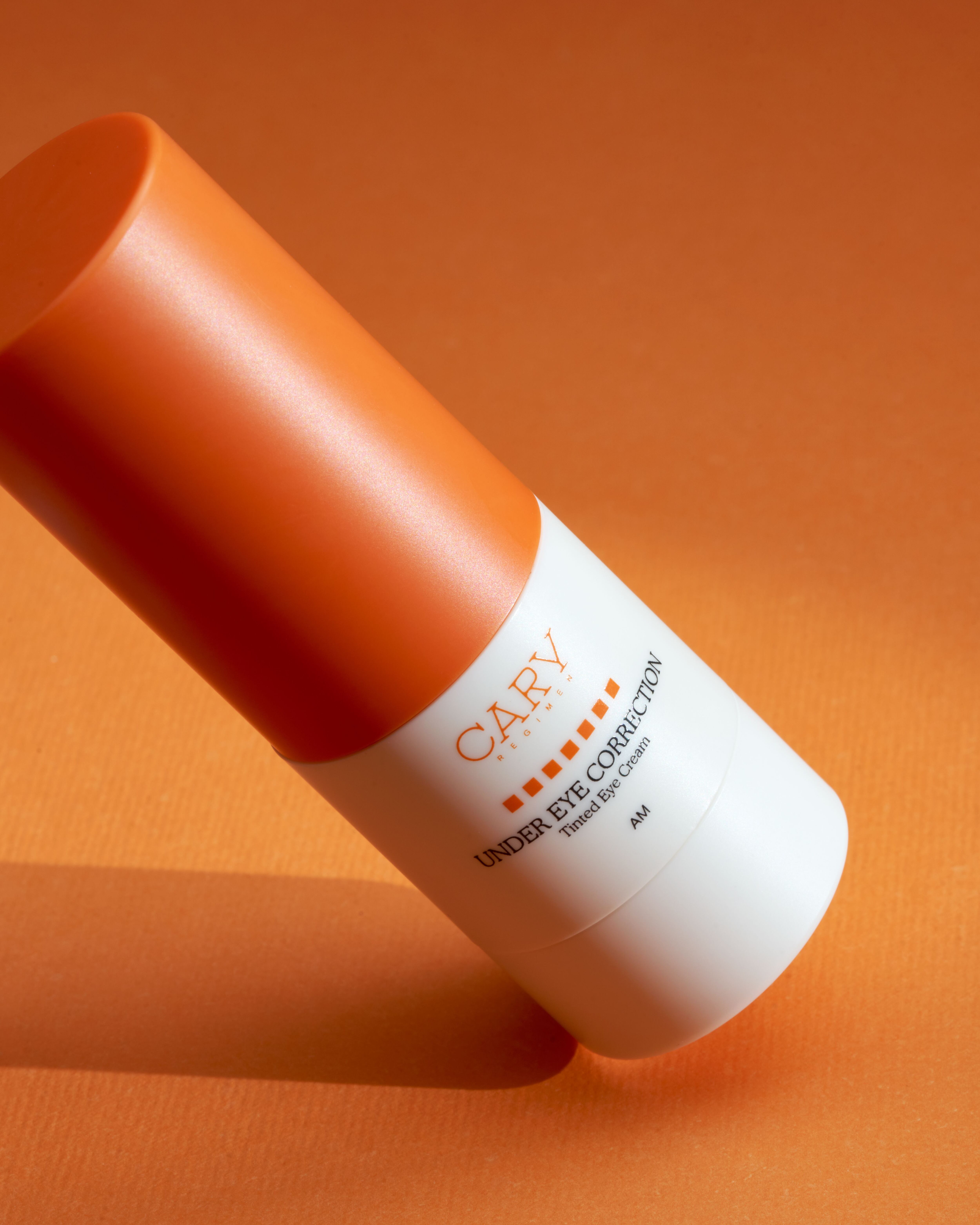
That said, the brand eyes the affordable luxury market with its ingredient sourcing and packaging design from South Korea. Its eye cream currently retails at about USD60 (HKD480) for 15ml.
“We invest highly into creating the packaging. I want the package to feel premium to the touch, I mean, little things that people don't notice is that for example, like how it opens with a subtle sound of a click. We can use cheaper replica, but we chose this material as we think it will deliver a holistic experience when we create a brand.
“I think for men, they just want something simple but at the same time have that premium feeling without feeling cheap on the hand. The simplest and cheapest way to produce is using tubes but I refuse to be that as I want the product to stand out in its quality.”
The brand is currently only available on its website for international shipping. As of the soft launch of its eye cream, the majority of its customers are from Hong Kong, with some Asian-American customers from the United States.
It is hoping to establish offline presence in Hong Kong in an estimated timeframe of six to nine months, and roll out in international markets in about one and a half to three years’ time.
While there are currently no concrete plans with any export markets, it would not consider retailing in South Korea and Japan yet due to the high competition.

